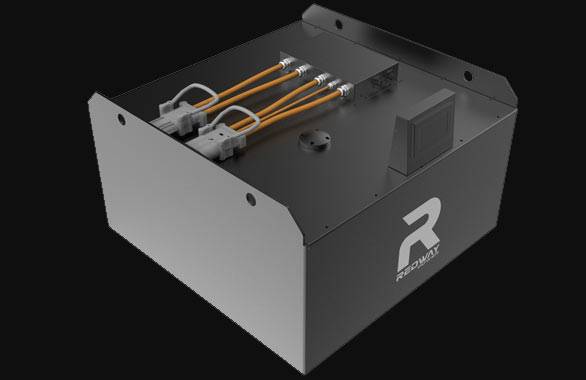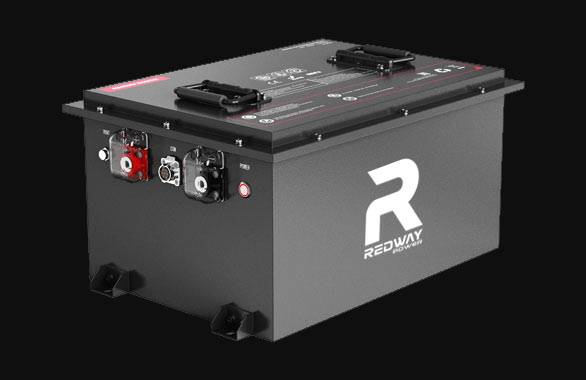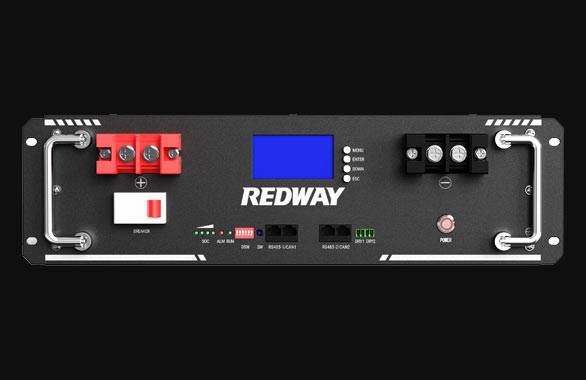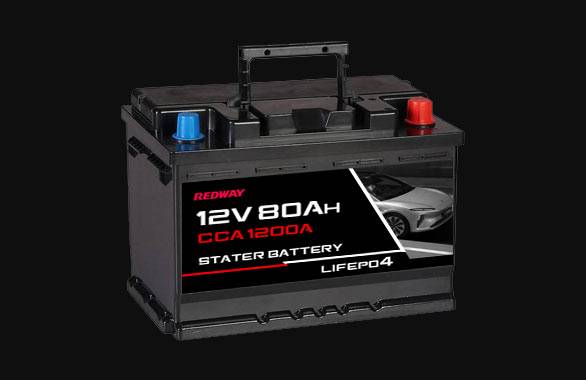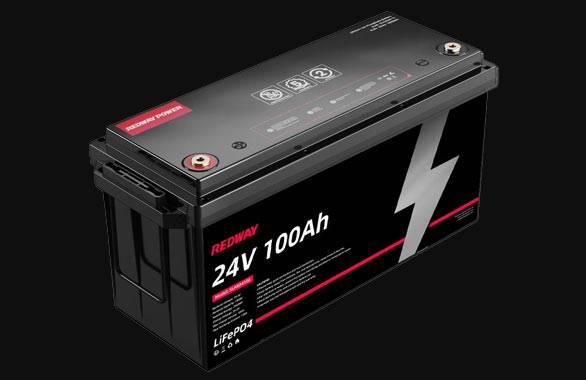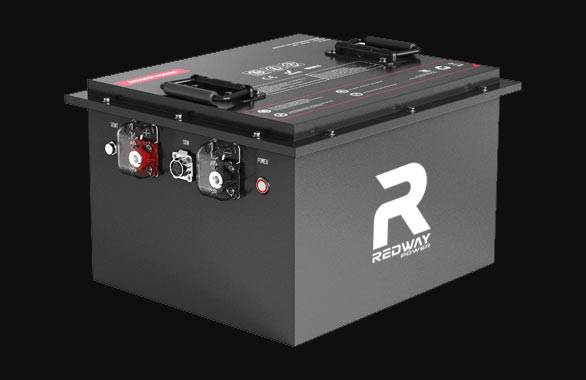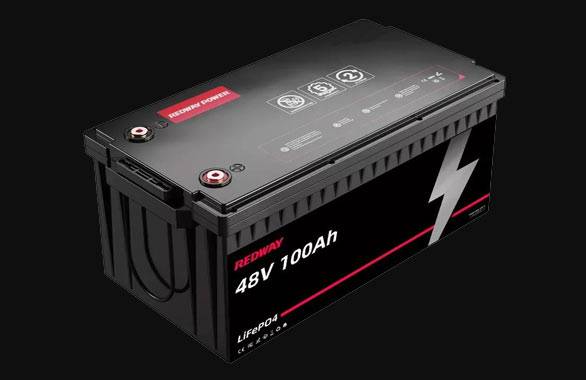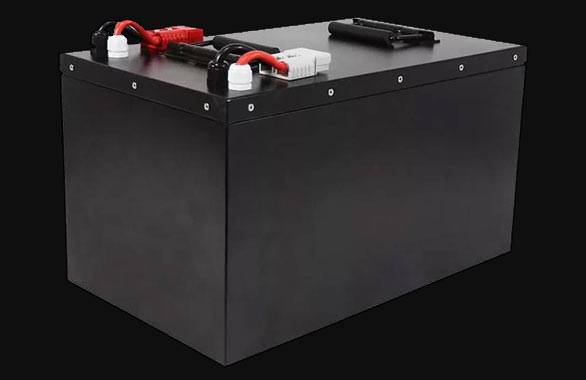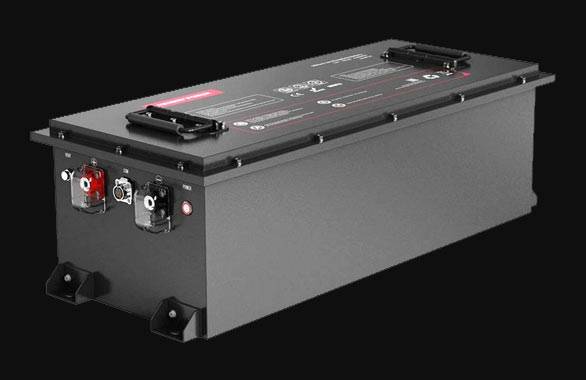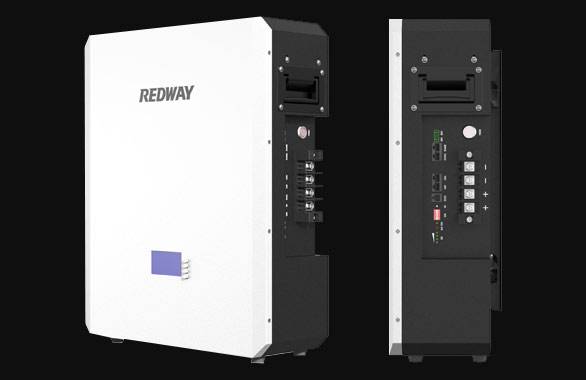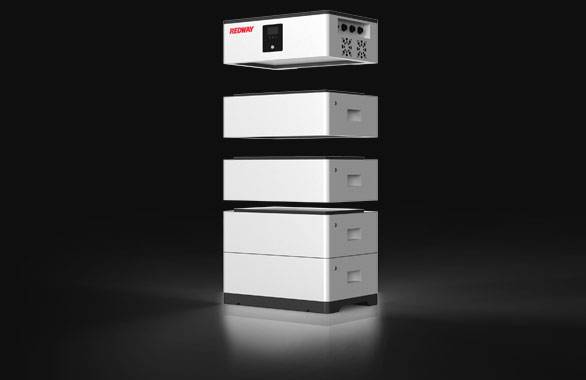- Forklift Lithium Battery
- Golf Cart Lithium Battery
- Rack-mounted Lithium Battery
51.2V 100Ah Rackmount LiFePO4 Battery
8000 times (80% DOD 0.5C)
Optional SNMP for TELECOM - Car Starter Battery
- 12V LiFePO4 Battery
12V 150Ah Lithium RV Battery
Bluetooth App | Self-heating
LiFePO4 | Group 31
UL 1642 | IEC 62619 - 24V LiFePO4 Battery
- 36V LiFePO4 Battery
- 48V LiFePO4 Battery
- 60V LiFePO4 Battery
60V 100Ah Lithium Battery (AGV, AMR, LGV)
Peak Discharge Current 400A
500 x 298 x 349 mm - 72V~96V LiFePO4 Battery
72V 100Ah Lithium Golf Cart Battery
Peak Discharge Current 315A (10S)
740 × 320 × 246 mm - Wall-mounted Lithium Battery
51.2V 100Ah 5kWh
Wall-mounted Battery532 x 425 x 170 mm / LiFePO4
>8000 Cycles (80% DOD 0.5C)
RS485 / CAN-bus
for Solar Home ESS - Home-ESS All-in-One
51.2V 32kWh
All-in-On HESS SystemPowerAll
51.2V / LiFePO4
>8000 Cycles (80% DOD 0.5C)
RS485 / CAN-bus / WiFi
All-in-One for Home ESS
What Are Forklift Battery Cells and Why Are They Crucial for Manufacturers?
Forklift battery cells are the fundamental energy storage units making up a forklift battery, essential for delivering reliable power and performance. For manufacturers, suppliers, and OEM factories in China, understanding forklift battery cells is critical to producing high-quality, durable forklifts and battery solutions tailored to industrial needs.
What Are Forklift Battery Cells and How Do They Function?
Forklift battery cells are individual electrochemical units that store and release energy through chemical reactions. In lead-acid forklifts, each cell typically provides around 2 volts, and multiple cells are connected in series to achieve the desired voltage. Lithium-based cells, such as LiFePO4, offer higher efficiency and longer cycle life.
Cells convert chemical energy into electrical energy, powering the motor and forklift systems throughout operation. The cell quality directly affects battery capacity, durability, and performance.
How Are Forklift Battery Cells Manufactured in China?
Manufacturing forklift battery cells involves precision assembly under strict quality controls. In China, factories like Redway Power use MES-controlled production lines ensuring:
- Raw material purity and consistency
- Electrode coating and separator implementation
- Electrolyte filling and sealing for lead-acid or lithium chemistries
- Performance testing for voltage, capacity, and safety
- Compliance with ISO 9001:2015 for international standards
These steps guarantee cells are robust and reliable for heavy industrial usage.
Why Is the Quality of Battery Cells Important for Forklift Performance?
High-quality forklift battery cells offer better energy density, longer lifespan, and safer operation. Poor cell quality leads to reduced capacity, faster degradation, and risk of overheating or failure, directly impacting factory productivity and operational costs.
OEMs and wholesale suppliers depend on trusted manufacturers like Redway Power to provide superior cells that optimize forklift uptime and reduce total cost of ownership.
Which Types of Forklift Battery Cells Are Most Commonly Used?
Two main types dominate the forklift battery cell market:
| Cell Type | Chemistry | Characteristics |
|---|---|---|
| Lead-Acid Cells | Lead dioxide, sponge lead | Reliable, heavy, requires maintenance |
| Lithium Iron Phosphate (LiFePO4) | Lithium iron phosphate | Lightweight, longer cycle life, maintenance-free |
LiFePO4 cells offer growing popularity in China’s OEM factories due to better efficiency and safety profiles.
How Can Manufacturers Customize Forklift Battery Cells?
Manufacturers customize cells by adjusting:
- Voltage and capacity based on forklift model requirements
- Form factor and dimensions to fit battery enclosures
- Electrode material composition for improved performance
- Safety features like battery management systems (BMS) embedded in lithium cells
Redway Power specializes in customized OEM cell production catered to various forklift applications worldwide.
When Should Factories Replace Forklift Battery Cells?
Battery cells typically require replacement when capacity falls below 80%, or due to internal damage or leakage. Lead-acid cells degrade faster than lithium but both affect overall battery health if worn. Regular testing by factories and suppliers helps determine optimal replacement timing to prevent forklift downtime.
Where Do Leading Manufacturers Source Forklift Battery Cells?
China is a global hub for battery cell production, supplying OEM factories and wholesalers internationally. Shenzhen-based manufacturers like Redway Power lead with advanced lithium cell factories producing high-quality units that support global supply chains. Localized manufacturing reduces costs while maintaining rigorous quality standards.
Who Benefits Most From High-Quality Forklift Battery Cells?
Industrial operators, including warehouses, logistics centers, and factories, benefit from reliable forklift battery cells through improved forklift uptime and reduced maintenance. Wholesale buyers and suppliers gain from dependable OEM partnerships, while forklift OEMs can design efficient machines powered by superior cells.
Does Using LiFePO4 Cells Improve Forklift Operations?
Yes, LiFePO4 cells improve forklift operations by offering:
- Faster charging
- Longer cycle life
- Reduced weight, increasing forklift efficiency
- Maintenance-free performance
Redway Power’s lithium cell technology supports these advantages, enabling better ROI for manufacturers and B2B clients.
Redway Power Views
“At Redway Power, we emphasize the critical role forklift battery cells play in overall battery and forklift performance. Our OEM manufacturing expertise in lithium cell technology enables us to produce cells that enhance energy density, safety, and longevity, tailored specifically for the rigorous demands of industrial forklifts. With four advanced factories in China and a skilled technical team, we deliver customizable cells and complete battery packs that empower manufacturers, suppliers, and wholesalers to meet global performance expectations while optimizing lifecycle costs.”
Conclusion
Forklift battery cells form the core of any forklift battery system, dictating its efficiency, reliability, and lifespan. Factories and suppliers in China benefit from partnering with experienced OEM manufacturers like Redway Power, who ensure superior cell quality and tailored battery solutions for various industrial needs. Choosing the right battery cell technology, whether lead-acid or lithium, and maintaining proper production and replacement schedules, is vital to sustaining productive forklift fleets.
Frequently Asked Questions
Q1: What is the typical voltage of a single forklift battery cell?
Lead-acid cells usually provide about 2 volts each; lithium cells differ by chemistry but are designed to match system voltage requirements.
Q2: How many cells are in a standard 48V forklift battery?
A 48V battery typically contains 24 lead-acid cells or appropriate lithium cell configurations connected in series.
Q3: Can forklift battery cells be repaired or must they be fully replaced?
Cells cannot generally be repaired; if individual cells fail, battery packs often require cell replacement or full battery servicing.
Q4: Does Redway Power provide battery management systems (BMS) with forklift cells?
Yes, Redway Power integrates advanced BMS in lithium cells to enhance safety and charging management.
Q5: How does cell quality influence forklift battery warranty and support?
High-quality cells extend warranty life and reduce failure rates, improving warranties offered by manufacturers and reducing support costs.


